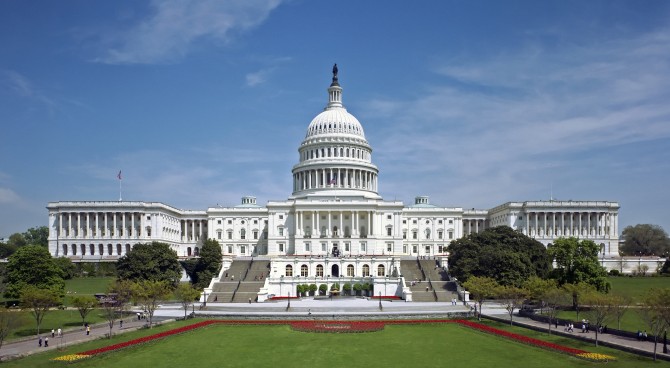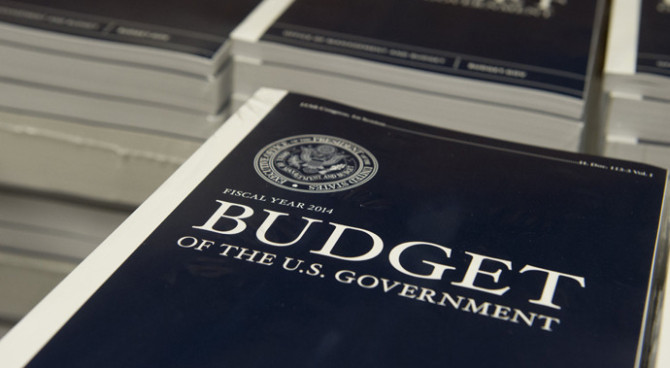August 05, 2018
By Mike Solon
The NEC Chair Larry Kudlow stated on CBS “Face The Nation” that “Even the CBO numbers show now that the entire $1.5 trillion tax cut is virtually paid for by higher revenues and better nominal GDP.”
Jon Greenberg of PolitiFact rated that claim as “False”. Yet is Larry Kudlow correct that “better nominal GDP” has generated “higher revenues” that have “virtually paid” for the “entire $1.5 trillion tax cut”?
The CBO has issued two budget and economic reports after President Trump took office in January 2017. In CBO’s June 2017 “Updated to the Budget and Economic Outlook”, page 19 reports that ten-year revenue estimates rose by $195 billion for “economic reasons”. Then in CBO’s April 2018 “Budget and Economic Outlook”, page 94 reports that ten-year revenue estimates rose by $1,088 billion for “economic reasons”. This is the largest jump in revenues for economic reasons ever reported by CBO, and results from, in CBO’s words, their “current projections suggest[ing] a stronger economic outlook than those that the agency published in June 2017”.
How do these revenue gains compare to the tax cut? The JCT’s “ESTIMATED BUDGET EFFECTS OF THE CONFERENCE AGREEMENT FOR H.R. 2” reported on page 8 their estimate of the tax cut’s ten-year cost at $1.456 trillion. Thus “better nominal GDP” has generated “higher revenues” of $1,283 billion or 88% of the tax cuts net cost of $1,456 billion or “virtually” all.
Even if the 2017 adjustment is ignored, it is remarkable that CBO is projecting in a single economic adjustment just four months after the tax cut was enacted that higher growth will add a record-breaking $1,088 billion in revenues or 74.7% of the tax cut’s net cost. But when compared to recent revenue losses from slow growth, this turnaround is nothing short of astounding.
President Obama pushed through a tax hike of roughly $650 billion in early 2013, which he and others commended as improving the deficit and fairness. Yet one year later, CBO’s January 2014 “Budget and Economic Outlook” reported on page 96 that ten-year revenue estimates fell by $1,415 billion for “economic reasons” – the largest single revenue decline for “economic reasons” reported during a recovery and the second largest ever. Later that same year, CBO’s August 2014 “Update to the Budget and Economic Outlook” reported on page 58 that ten-year revenues fell by another $503 billion for “economic reasons.”
In President Obama’s last year in office, 2016, CBO’s January report (page 108), March report (page 13) and August report (page 68) reported a combined loss in ten-year revenue estimates of $1,089 billion. Overall, in the three years after President Obama’s 2013 tax hike — purportedly to address the deficit, CBO’s twelve revisions report slower growth triggering a staggering $3.1 trillion in ten-year revenue losses through the end of his term.
When a President raises taxes by $650 billion but then loses $3.1 trillion or 471% of the tax hike over the next three years from slower growth, no one can reasonably claim that the budget or the economy won. A credible case can be made that only politics won.
When a President cuts taxes as part of a pro-growth agenda and covers a total of 88.1% of its estimated cost and an incredible 74.7% of its net cost in one single adjustment within four months after the tax cut’s enactment, a credible case can be made that the budget and the economy won — even if politics lost.
No greater contrast is imaginable than comparing the CBO’s reporting since 2014 on exactly the wrong way to lose revenues and the right way to raise revenues.
Smacking the rich with tax hikes or condemning tax cuts as only for the rich might be fun, but claiming those acts are good for the budget and economy has no factual basis when CBO’s total accounting is fully reviewed. CBO economic revisions since 1982 document the power of the economy to routinely overwhelm the rare major budgetary feats of legislators. The paramount budgetary fact of today is that government is the biggest winner from strong growth and the biggest loser from weak growth. To propose any budget, tax or regulatory policies with a disregard to their impact on our economic firmament suggests arrogance rather than wisdom, and is doomed to disappoint. Growth is the key, and it also happens to help some apparently less important groups called “families”, “the middle class” and “workers” as captured in August 1 WSJ headline: “US Workers Get Biggest Pay Raise in Nearly Ten Years”.
Claim: True.


